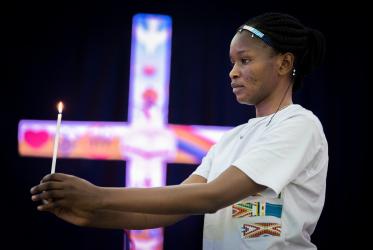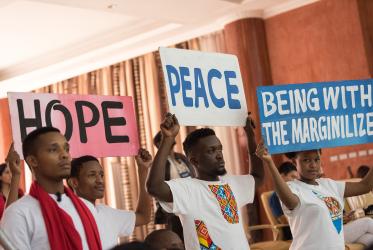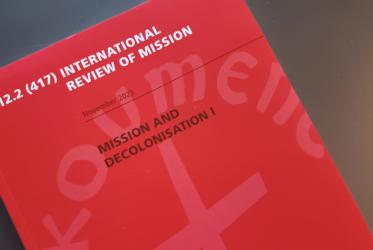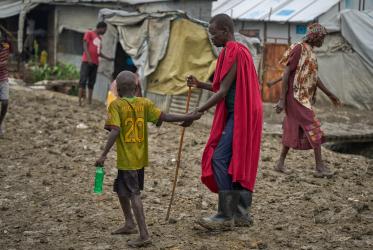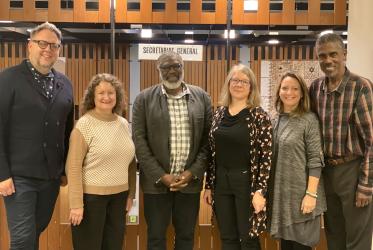Metropolitan Dr Geevarghese Mor Coorilos is moderator of the World Council of Churches (WCC) Commission on World Mission and Evangelism. He is also author of a “Welcome” in the Handbook for the upcoming WCC Conference on World Mission and Evangelism (CWME). Below, Metropolitan Coorilos is featured in an interview that reflects on how we can prepare our ecumenical heart for the upcoming CWME, which will occur in Arusha, Tanzania on 8-13 March.
Q: Can you talk a bit about the history of the CWME?
Metropolitan Coorilos: Holding the Conference on World Mission and Evangelism has been an enduring and rich tradition the Commission on World Mission and Evangelism inherited from the International Missionary Council (IMC) born out of the first World Missionary Conference in Edinburgh in 1910. Ever since the historic integration of the IMC with the WCC in 1961, the commission has had the mandate to organize the Conference on World Mission and Evangelism between the WCC assemblies, roughly once every decade.
The last conference organized by the commission was held in Athens, Greece, in 2005. The centenary conference of Edinburgh 2010 was organized by various global ecumenical and mission bodies as a common event to bring healing and unity in mission.
Q: From your perspective, what is the historical significance of the Arusha conference?
Metropolitan Coorilos: The Arusha conference assumes huge historic significance as it marks the continuation of the rich tradition from Edinburgh 1910 as the 14th World Mission Conference. In Arusha, we will work together on various concerns around mission thinking and actions and seek novel ways of being faithful to God 's mission in today's context.
The Arusha conference is also important because it is designed as an African mission encounter. The last time the IMC convened in Africa was in 1958 in Achimota, Ghana. Six decades later, the Conference on World Mission and Evangelism is returning to Africa, where the centre of gravity of world Christianity is now felt and where the Spirit is moving vibrantly.
Q: What does the theme “Moving in the Spirit: Called to Transforming Discipleship” mean to you?
Metropolitan Coorilos: The theme has distinct African implications that we want to explore and learn from. The Arusha conference, we hope, will be truly an African encounter with the rich African resources, both theological and cultural.
World mission conferences are opportunities for the global church and mission bodies to live out the high priestly prayer of our Lord and liberator Jesus Christ "that all may be one so that the world may believe" (John 17:21). Churches have the opportunity to come together, to express their unity in witness.
We hope that our reflections and prayers together around the theme will lead us into a Spirit-led Pilgrimage of Justice and Peace in which we will ourselves become transformed — and where, through us, the world we live in will also experience radical transformation.
Q: What is your particular wish for the conference?
Metropolitan Coorilos: My particular wish is that we all come together to this event with our ecumenical heart and commitment to discern and learn together what God’s mission is today. Let us be ready to listen to and share with our sisters and brothers from all the corners of the world. Let us tune ourselves to the rhythm of the Holy Spirit so that we can be inspired and empowered by the mission of the Spirit.


